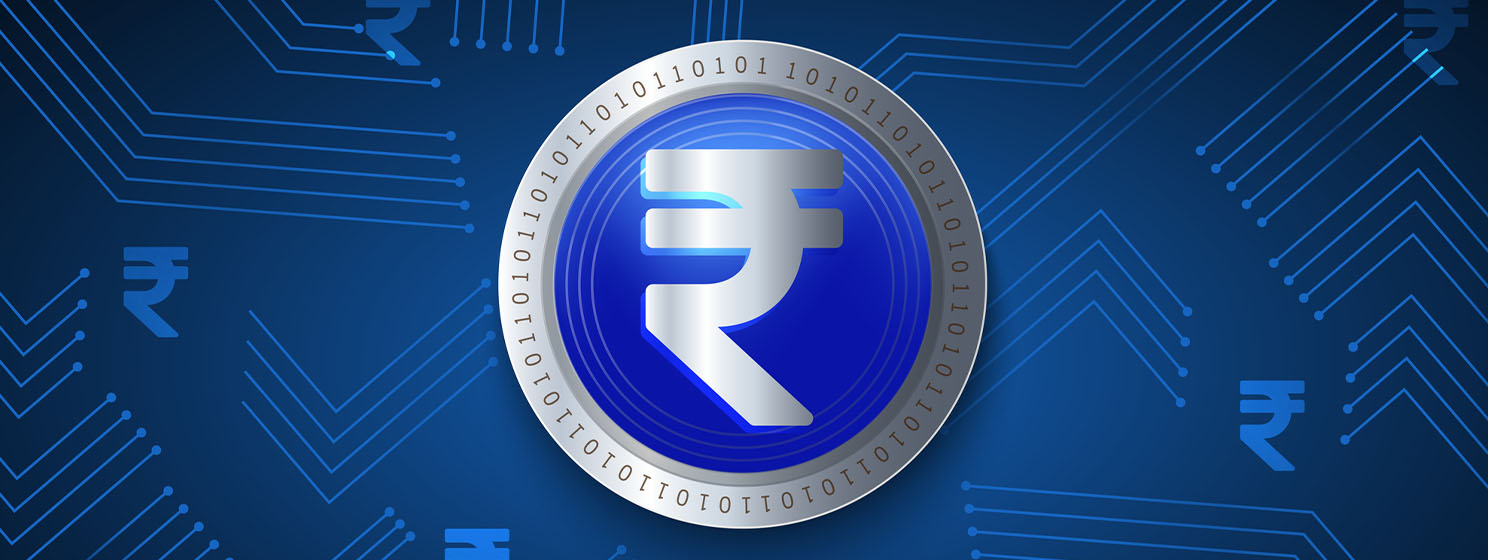|
Getting your Trinity Audio player ready...
|
The Reserve Bank of India’s (RBI) outgoing Governor Shaktikanta Das feels central bank digital currency (CBDC) has a lot of potential and is likely to become the future of money. After leading the central bank for six years, Das said that the RBI has been a pioneer with its CBDC, or the e-rupee, at a time when RBI focuses on leveraging the benefits of new technologies.
“CBDC is (an) area where RBI among the central banks is a pioneer. Almost every central bank is talking about, or they’re experimenting, or they’re discussing about CBDC. But [the] actual launching of a pilot project has been done by very few. As I see it, CBDC has a huge potential in the future. In fact, it is the future of currency,” Das said.
Das, who took over in 2018, has been one of the longest-serving RBI Governors in its 90-year history. Das cautiously steered India’s financial sector towards adopting emerging technologies, embracing blockchain and pilot launching India’s e-rupee, while continuously voicing a complete ban on digital assets trading.
“Our focus in the last six years has been to capitalize as much as possible on harnessing the benefits of new technology. We set up the RBI Innovation Hub in Bengaluru. We have a continuing regulatory sandbox where many innovative ideas and thoughts have come and we have always tried to take them forward. We have given our approval to many of the innovative ideas, thoughts and projects, which came in the regulatory sandbox,” Das informed.
“Similarly, the Unified Lending Interface (ULI) is a true game changer, and I’m sure its benefits will get harnessed fully in the near future and there will be a nationwide rollout,” Das added.
The ULI was designed and developed by the Reserve Bank Innovation Hub (RBIH), a subsidiary of the RBI. Launched as a pilot program in August 2023, RBI’s ULI is expected to completely transform credit delivery in the country. It is a technology platform built to facilitate access to authenticated data from various sources through a standardized Application Programming Interface (API) to which all lenders can connect seamlessly through a plug-and-play model.
“ULI will be transformational. It will, I think, play a very transformational role in credit delivery to the bottom of the pyramid. The ease of access, the speed and simplicity of procedure are the unique characteristics of ULI. I would be sitting outside and looking forward to its nationwide rollout. I have absolutely no doubt in my mind that the Reserve Bank, with the cooperation of all central government departments and agencies, with the cooperation of the state governments, will do a nationwide rollout of ULI,” Das pointed out.
At the same time, the outgoing governor said that the RBI introduced many innovative products under the overarching umbrella of the Unified Payments Interface (UPI), which are “producing excellent results.”
“The UPI today has emerged [as] a global pioneer and a global leader in payment systems,” Das said.
Driving India’s digital payment revolution, the UPI has seen a tenfold increase in volume over the past four years, from 12.5 billion transactions in 2019-20 to 131 billion transactions in 2023-24, or 80% of all digital payment volumes.
Despite the progress and technology advancements, cybersecurity and its associated risks continue to be a big challenge for the RBI.
“In the last six years and even earlier also, we have given a lot of attention to this issue of cyber security and dealing with cyber challenges, the cyber threats. That is a continuing task because the challenges are continuing, new challenges are emanating, and that will be a continuing challenge for every central bank in the world, including the Reserve Bank of India,” Das added.
Data from RBI’s annual report show that digital payment fraud in India jumped to a record 14.57 billion rupees ($175 million) in the fiscal year that ended in March 2024 (FY2023-24). To bolster digital payments while ensuring their safety against fraud, the RBI constituted a committee to examine various aspects of setting up a “Digital Payments Intelligence Platform.” The platform is expected to leverage advanced technologies to mitigate payment fraud risks.
New RBI governor to use technology for reducing costs
“Being an engineer myself, technology where we started from 30 years ago and where we are today, I think it’s a totally different world,” Sanjay Malhotra, who succeeded outgoing Governor Das, said in his first press conference as the 26th Governor of RBI.
“The Reserve Bank has made a big contribution in this regard, especially when we talk about the UPI,” Malhotra added.
Malhotra, who gave up his role as India’s revenue secretary to the finance ministry, is the new RBI governor for a three-year term starting December 2024. A 1990-batch officer of the Indian Administrative Service, Malhotra commands over thirty years of expertise across finance, taxation, information technology, and public policy. Malhotra’s appointment comes at a time when India is grappling with inflation—currently at about 5.5%—while economic growth has slowed.
“How we are going to be able to use technology to reduce costs, to make financial inclusion more accessible and all pervasive is one key pillar that we will work on,” Malhotra informed.
“For this, of course, innovation will be key, and while innovation will have to be fostered (and) supported, we will, of course, have to be also conscious of the risks that it may entail. So [while] putting in place requisite safeguards and guardrails without killing or stopping innovation, we will work towards further use of technology,” Malhotra added.
Watch: ‘Disruptive’ blockchain can be useful for India

 02-13-2026
02-13-2026 




